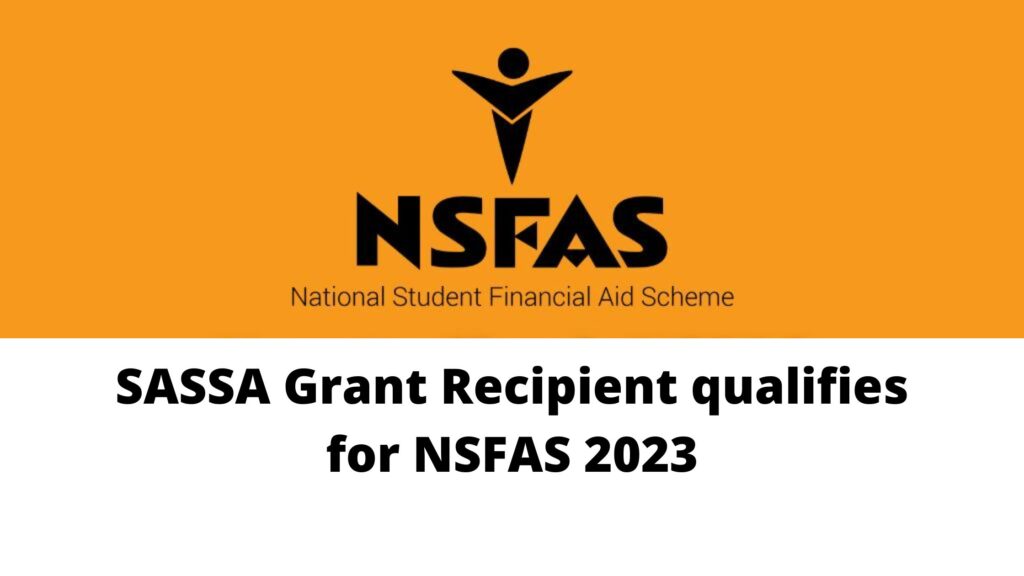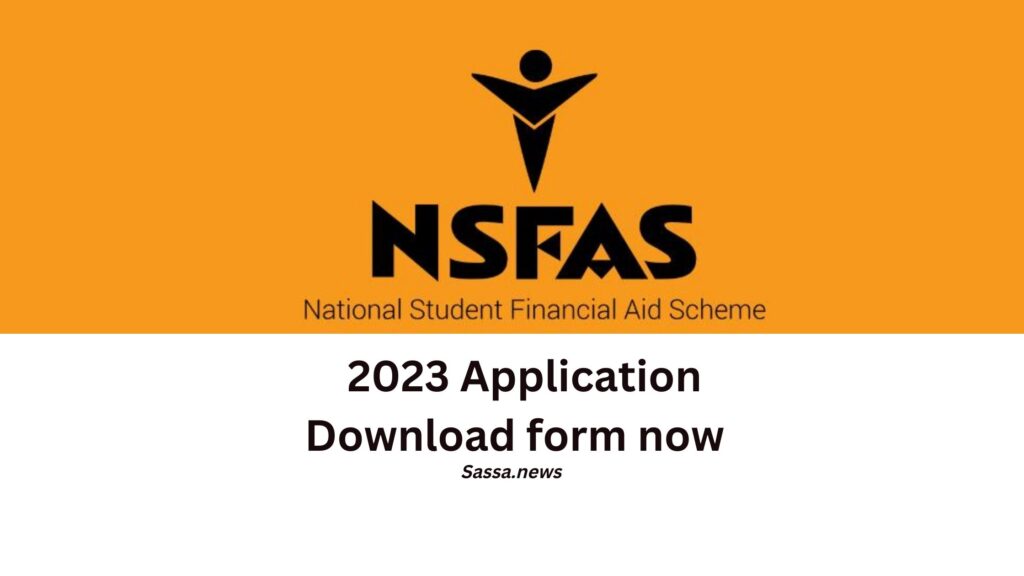Blade Nzimande has announced that there will be an increase in allowance payments for students who are recipients of National Student Financial Aid Scheme (NSFAS) bursaries in 2024. The NSFAS students’ allowance payments are set to rise in 2024.
The minister briefed members of the media on Tuesday on the State of Readiness for the 2024 academic year, NSFAS-related challenges and the release of the 2024 matric results.
NSFAS Increasing Allowances
University students will have an annual living allowance capped at R16,500, along with a personal care allowance of R3,500 and a meal allowance of R13,450 per year.
TVET college’s student living allowance will increase to R10,000 per annum.
Students funded by NSFAS may either qualify for the accommodation allowance or a transport allowance.
Students living in institution-owned accommodation or leased accommodation will not be capped at R50,000 in metro areas and R41,000 in all other areas. Students living in institution-catered accommodation will receive a capped allowance of R66,500 in metro areas and R57,000 in all other areas.
It’s important to note that allowances are paid to students for ten months of the year.
Institutions may request NSFAS to review accommodation caps in exceptional circumstances. Such requests must be submitted with a detailed motivation and supporting evidence.
Students who make their accommodation arrangements or live with relatives do not qualify for accommodation allowances. Instead, they qualify for a travel allowance determined by the institution up to a maximum of R7,875.
All university students will qualify for a learning materials allowance set at a maximum of R5,460. This money must be used for the purchase of academic books and/or learning devices.
Allowances for students enrolled in distance learning programmes like Unisa allowances, qualify for allowances based on their course credits. Students enrolled in 120-course credits for one academic year for the personal care allowance of R3,045.
TVET College students enrolled in occupational programmes and receiving a stipend will not qualify for NSFAS allowance.
Allowances for assistive devices are limited to a maximum of R50,000 as a once-off allowance payment. In addition to this, they receive an allowance of R2,000 for maintenance or repairs of assistive devices.
Minister Nzimande says he is pleased that NSFAS is developing mechanisms to ensure the financial aid scheme can address any challenges it may face.
Nzimande said he will continue to monitor the scheme’s ability to fulfil its mandate which is to ensure students have access to funding that covers their higher education costs.
Resolving 2023 NSFAS Challenges
However, concerns have been raised about the NSFAS’s ability to fulfil this mandate as thousands of students have not yet received allowances from the 2024 academic year.
The minister said allowance payment delays are the result of NSFAS conducting reconciliation processors. Delays in allowance payments were also attributed to institutions failing to submit up-to-date registration data of students. They called on institutions to send all the required information to resolve any instances of unpaid allowances.
I urge institutions not to prevent students from registering during the registration current cycle.
Nzimande that R4.3 billion has been made available for the upfront payment of allowances. This should ensure that students receive allowances when they start their studies in the 2024 academic year.
As much as we have challenges, NSFAS has already provincially funded 567,000 students [for 2024]
2024 NSFAS Funding
The minister called on institutions to submit registration data as soon as they can to allow for allowance payments during the first cycle of funding, which will take effect on 31 March 2024.
2024 NSFAS Applications
It was revealed that 1.5 million applications have already been received by NSFAS. More than 650,000 of these applications have been approved by NSFAS and the applicants are provisionally funded.
Students will only be officially funded by NSFAS once their registration data is submitted to NSFAS by their institution.
The application period for the NSFAS bursaries will close on 31 January 2024.
NSFAS Consent Form
The minister called on all applicants to submit a consent form to finalise their 2024 NSFAS bursary application. Failure to submit a consent form may delay confirmation of funding by NSFAS.
This form is required to verify the employment and income level of the applicant’s parents, guardians and spouse to ensure they meet the NSFAS eligibility criteria.
Failure to submit an NSFAS consent form will disqualify a student from receiving NSFAS funding in 2024.
NSFAS Missing Middle
Nzimande announced that in phase 1 (2024) R3,8 billion will be available to support the loan scheme. R1,5 billion will come from the National Skills Fund with an additional R2,3 billion coming from the SETAs.
This amount is expected to fund 47% of missing middle students which equates to around 51,000 students.
Undergraduate and postgraduate students must apply for NSFAS student loans in the current NSFAS application period. Students who do not qualify for NSFAS bursaries will be directed to apply for NSFAS missing middle student loans.
The minister revealed that the funding guidelines will be released next week.


